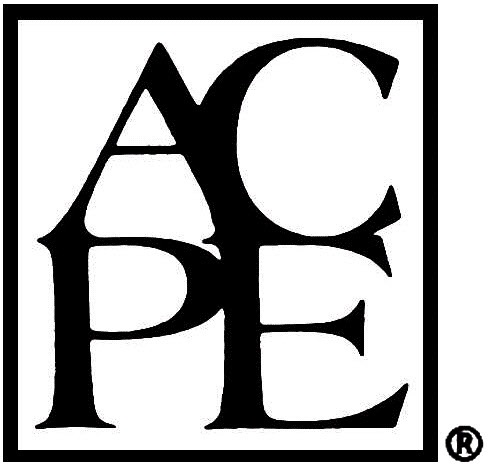SPD2 - The shortage pandemic – why we haven’t succeeded yet
Link to EAHP StatementsSection 2 - Selection, Procurement and Distribution: Statements - 2.2, 2.5, 2.6
ACPE UAN: 0475-0000-23-012-L04-P - A knowledge-based activityAbstractAfter many years the occurrence of medicines shortages still constitutes a steady challenge for hospital pharmacists in terms of various shortages’ management aspects. For example, when it comes to suggesting and sourcing therapeutic alternatives and accompanying the transition of medicines in various setting with expertise, information and education. If applied mitigation strategies fail, this challenge expands and escalates to other healthcare professionals and patients. The availability of therapeutically equivalent therapeutic options is considered a best-case scenario, whereas lack of adequate alternatives and resulting consequences (e.g. therapeutic delays) can be seen as a worst-case scenario.
In the past years, several different initiatives and projects, involving different stakeholders and other parties, were established, investigating causes and developing counteracting measures. Research on medicines shortages is conducted, as illustrated by many publications on various management aspects. On a political level, the problem of shortages is accepted as an essential and important one.
In 2020, the COVID-19 pandemic dramatically proved how fragile and susceptible supply chains of medicines still are and how quickly apparently stable situations can aggravate. After all achievements in the context of medicines shortages’ management prior to COVID-19, enormous efforts are still needed to counteract shortages and stabilise drug supply sustainably. Is it realistic to consider shortages an unsolvable problem? Did shortages come to stay?
Learning objectivesAfter the session, the participant should be able to:
- Repeat key facts about current epidemiology and aetiology of medicines shortages
- Recall up-to-date and actual initiatives on an European and global level to address shortages and discuss various strategies against it
- State key learnings from the COVID-19 pandemic in the context of shortages management, both on a practice and political level
Educational need addressedHospital pharmacists are responsible for providing the right medicines to patients and therefore essentially rely on trusted availability of medicines. Extensive state-of-the-art knowledge on medicines shortages and all relating activities is key to fulfil this core responsibility of hospital pharmacy.
Keywords: Medicines shortages, pandemic, counteracting strategies

